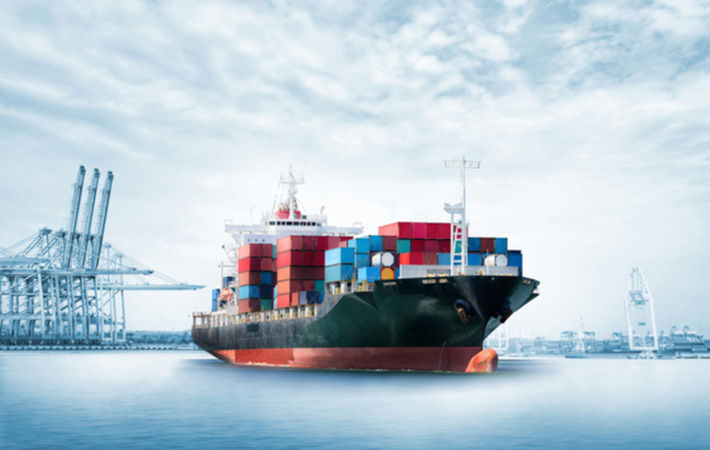
To accelerate the UK’s ambitions to deliver a greener, more sustainable future for the shipping industry, he spoke of plans to explore the rollout of emissions-cutting shore power at UK ports.
Shore power will be vital to decarbonising the maritime sector and improving air quality for local communities, according to an official release.
Currently, berthed vessels must run their onboard diesel engines to power lighting, galleys, air-conditioning and other amenities. It’s the equivalent of a car or van idling while parked, emitting polluting fumes into the air around ports and contributing to greenhouse gas emissions.
With shore power, vessels will be able to turn off their engines and plug into onshore power sources when berthed, reducing carbon emissions, noise and air pollution, the press release said.
“Shore power will end the outdated practice of ships keeping their engines running while anchored in port, reducing the poisonous fumes entering the air and ensuring we meet our net zero 2050 goals,” Courts said.
“Already leading the charge on key de-carbonisation technologies such as zero-emissions vehicles, the UK became one of the few nations in the world to have a dedicated Clean Maritime Demonstration Competition, which pledged £23 million in 2021 to fund over 55 de-carbonisation projects,” he said.
This was joined by commitments made at COP26, in which the UK launched the Clydebank Declaration, a coalition of 22 countries keen to develop green shipping corridors, the minister added.
Fibre2Fashion News Desk (DS)